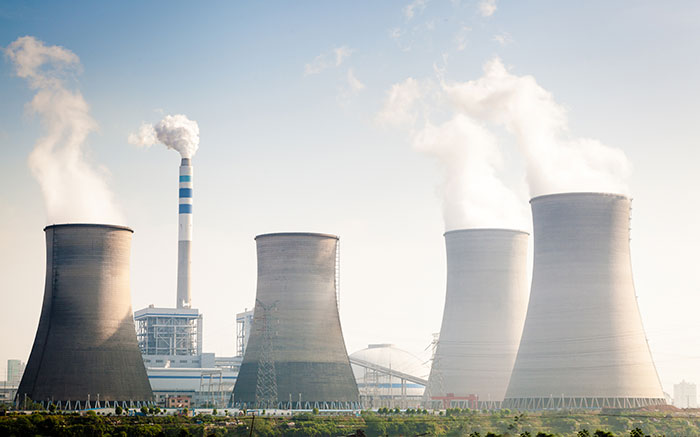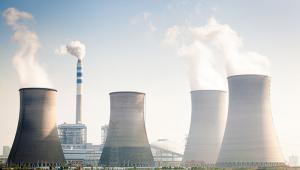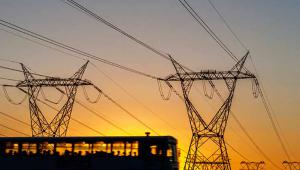By 2020, the European Union will have provided €2.96bn ($3.3bn) since 1999 to help the three eastern European states close down the Soviet-designed plants – a condition of the nations’ accession to the EU.
While not covered by the audit, €890m ($994m) was also delivered to member states to help mitigate the impact of lost energy production.
But 17 years since the EU began delivering its funding, none of the plants have reached a point in the decommissioning process where closure would be irreversible, and progress has been dogged by delays and weak project management.
The auditors now estimate the cost of decommissioning the three plants will be at least €5.7bn ($6.4bn). This figure could almost double to €11.4bn ($12.7bn) if the cost of disposing of high level radioactive waste is included.
All three nations face substantial financing gaps. The auditors noted that it is up to the domestic authorities to ensure adequate funding is supplied to the decommissioning process, but so far member states’ own financing has been “very limited”.
Since the ECA last audited Lithuania’s decommissioning progress, the gap between costs and funding has increased to €1.56bn ($1.74bn). Financing gaps in Bulgaria and Slovakia are now estimated to be €28m ($31m) and €92m ($103m) respectively.
Phil Wynn Owen, the member of the ECA responsible for the audit, described the findings as concerning.
“Decommissioning is naturally a difficult and challenging task. Timing and cost overruns are not unusual, but we point here to some very substantial delays and risks to costs,” he told PF.
The auditor’s report highlighted a number of ways the commission could improve the use of public EU funds for the projects.
For example, it said the dedicated funding programmes did not provide clear enough co-financing requirements and did not create incentives for timely and cost-effective commissioning, and should be discontinued in 2020.
All three of the projects have seen substantial delays. Lithuania’s two decommissioning programmes, which started in 1985 and 1987, had original end dates of 2004 and 2009. In 2011, this was delayed to 2029, and last year was pushed back by another nine years to 2038.
Wynn Owen highlighted that in all of the projects, the critical activity to dismantle the cores, which have the highest radioactivity, little work has been done. He pointed to significant “uncertainties” about whether the current end dates will be met, especially in Lithuania. The country will be attempting a "world first" in dismantling a specific kind of adaptor - the same kind used at the Chernobyl nuclear plant.
Solutions for high level radioactive waste and spent nuclear fuel are also only at the “conceptual stage”, despite solutions taking several decades to implement, the report said.
Auditors also noted that costs associated with these activities are not always recognised or included in the accounts, limiting transparency and hampering the authorities’ ability to plan on how to meet future costs.
Meanwhile, Wynn Owen stressed that the commission’s assessment of the projects, which informed its 2014-20 funding decisions, was “inadequate”, and stressed a new assessment needs to be completed by the end of next month.
Other recommendations included improvements to accounting, project management, cost-planning and solutions for waste disposal.
A commission spokeswoman said: "Our services will take the report and its findings into account in their current work and on any possible measures in the field of decommissioning assistance. The Commission is monitoring progress of the on-going programs and will evaluate any hypothetical financial gap in the future.
"The goal remains to make sure that the decommissioning of old Soviet-style reactors in the member states of the European Union is carried out all the way in while ensuring the highest safety standards in Europe."














